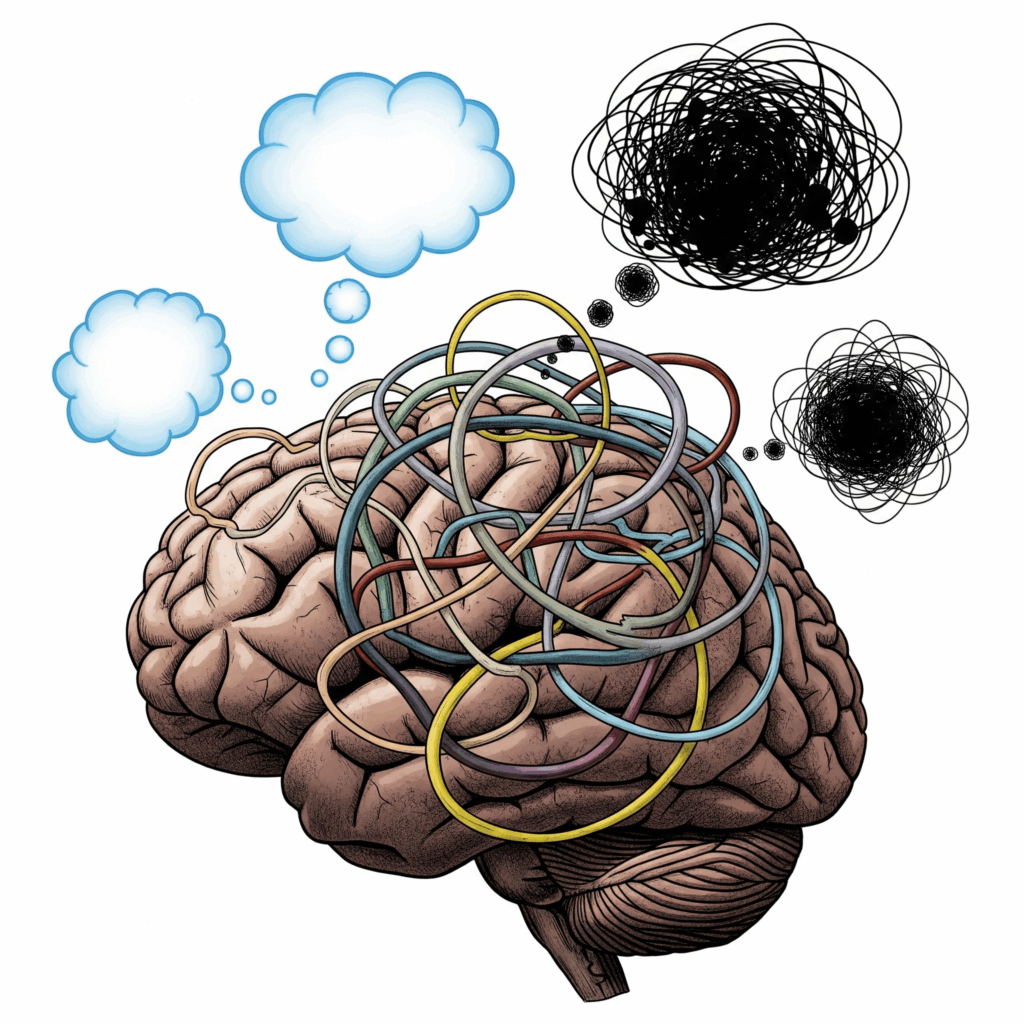The Unseen Battle: Mental Health Challenges in PD
Parkinson’s Disease is more than just tremors and rigidity; it often comes with a range of challenging non-motor symptoms. Depression, anxiety, apathy, and psychosis are common psychiatric comorbidities in PD, affecting a substantial number of patients. These can be direct manifestations of the disease’s neurodegenerative processes, side effects of medications, or psychological responses to living with a chronic, progressive condition.

For example, studies indicate that depression affects up to 50% of individuals with PD at some point in their disease course, often predating the onset of motor symptoms. Anxiety disorders are also highly prevalent, impacting daily functioning and quality of life. These symptoms are not merely emotional responses; they involve neurochemical changes in the brain that require specialized medical attention.
Why a Psychiatrist is Essential
While neurologists manage the motor aspects of PD, and other therapists address physical and occupational needs, the psychiatrist is uniquely qualified to diagnose and treat the complex mental health challenges associated with PD. Here’s why their expertise is crucial:
- Accurate Diagnosis: Differentiating between PD-related mental health issues and other psychiatric conditions can be challenging. Psychiatrists have the specialized knowledge to accurately diagnose these conditions, considering both the neurological and psychological factors at play.
- Tailored Treatment Plans: Treatment for psychiatric symptoms in PD often requires a delicate balance. Psychiatrists can develop individualized treatment plans that may include psychotherapy, medication management, or a combination of both. They are adept at navigating potential drug interactions with PD medications and understanding how different psychiatric drugs might affect motor symptoms.
- Medication Management Expertise: Prescribing psychiatric medications in PD requires a deep understanding of neurotransmitter systems and potential side effects that could worsen motor symptoms or cognitive function. Psychiatrists carefully select and adjust medications to optimize mental health outcomes while minimizing adverse effects on PD.
- Psychotherapy and Support: Beyond medication, psychiatrists can provide or recommend various forms of psychotherapy, such as cognitive-behavioral therapy (CBT), which can be highly effective in managing depression and anxiety in PD. They also offer crucial support for patients and their families in coping with the disease’s emotional burden.
- Holistic Approach: Integrating mental health care into the overall PD management plan leads to better outcomes. A psychiatrist works collaboratively with the neurologist and other healthcare professionals to ensure a comprehensive and coordinated approach to patient care, recognizing that mental and physical health are inextricably linked.

The Impact of Integrated Psychiatric Care
When mental health issues in PD are addressed effectively by a psychiatrist, the benefits are profound:
- Improved Quality of Life: Addressing depression, anxiety, and other psychiatric symptoms can significantly enhance a patient’s overall well-being and satisfaction with life.
- Enhanced Treatment Adherence: Patients with better mental health are often more engaged in their treatment plans, leading to improved adherence to medications and therapies for their motor symptoms.
- Better Symptom Management: Effective psychiatric care can indirectly improve motor symptoms, as stress and anxiety can often exacerbate PD tremors and rigidity.
- Reduced Caregiver Burden: When patients receive comprehensive mental health support, it can also alleviate some of the emotional and practical burdens on caregivers.

In conclusion, while Parkinson’s Disease primarily affects movement, its impact on mental health is equally significant and often overlooked. The psychiatrist is an indispensable member of the interdisciplinary care team, providing specialized expertise that is critical for the holistic management of PD. By prioritizing mental well-being, we empower individuals with PD to live more fulfilling lives despite the challenges of their condition.
Reference:https://www.ninds.nih.gov/health-information/disorders/parkinsons-disease
https://www.parkinson.org/living-with-parkinsons/emotional-mental-health
